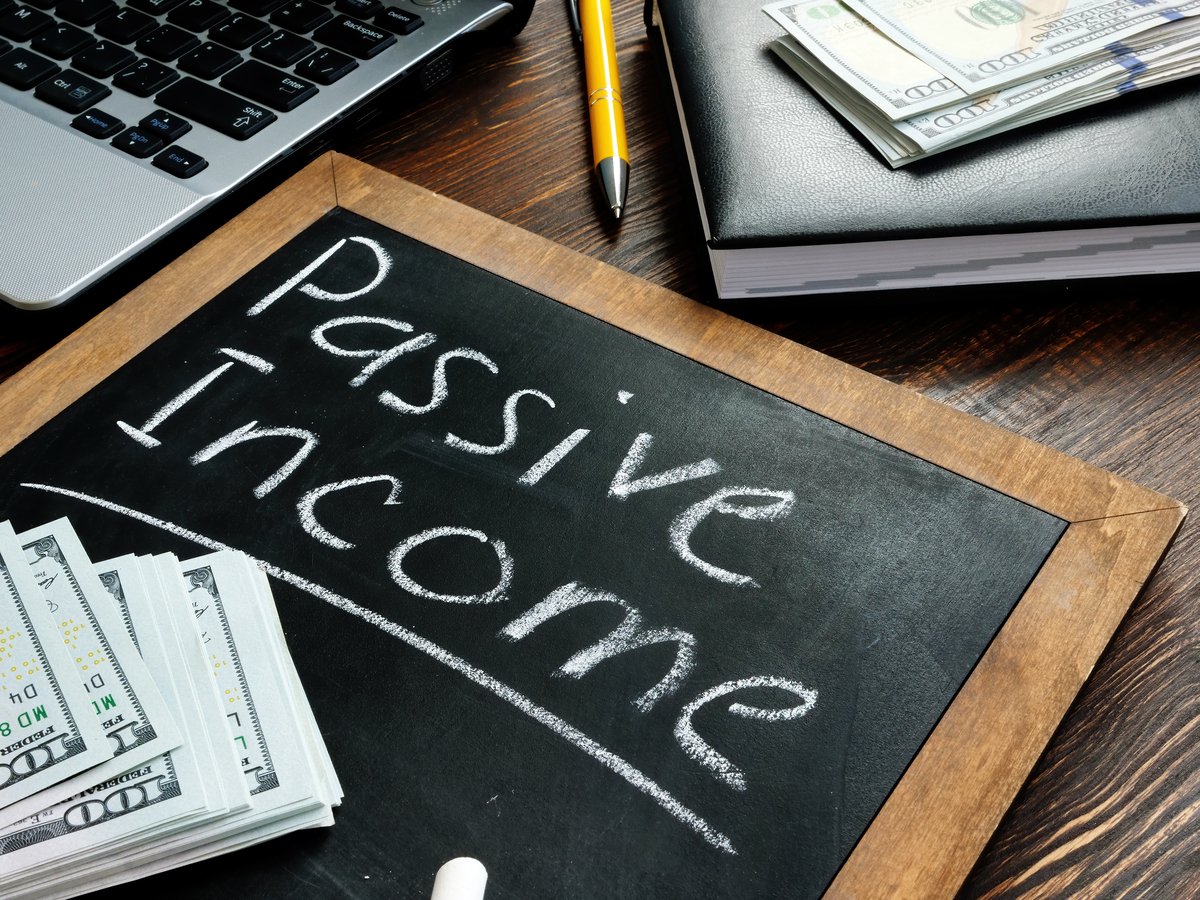
Source: McDonald's.
Investors are quickly losing their appetite for McDonald's (MCD 0.17%), with shares of the fast-food chain down roughly 6% in 2014 versus a 4% increase for the S&P 500. The company has struggled recently, with U.S. same-store sales and global comparable sales respectively dropping 4.1% and 3.3% last quarter. And while CEO Don Thompson is confident in the company's ability to regain momentum in the U.S., customers and investors are not so sure.
The company that has defined the quick service restaurant industry is battling to grow sales against newer restaurants that compete on perceived food quality rather than on price. And McDonald's appears to lack a cohesive strategy to fend off these challengers.
All that said, here are the three worst mistakes McDonald's has made.
Giving up megacompetitor Chipotle
McDonald's at one point owned more than 90% of high-growth burrito maker Chipotle. After McDonald's provided much-needed capital and logistical support, the company sold Chipotle in 2006 to "focus on the core business." During its ownership, McDonald's helped Chipotle grow from a Colorado-based "mom-and-pop" chain to a multistate operation with more than 500 locations.

Neither Chipotle nor McDonald's want you to remember McDonald's' former ownership. Source: Chipotle.
Although McDonald's received $1.5 billion for the sale, that stake is now valued at $17 billion -- more than 1,000% higher than McDonald's exit price. And that's not even the worst part. Chipotle was a way for McDonald's to enter the fast-growing trend of healthy food; instead, the Golden Arches nurtured perhaps the biggest challenge to its business model and turned a subsidiary into a fierce competitor.
Hate our huge menu? You're not alone
McDonald's has an obesity problem that continues to get worse. And that's nothing to do with the food itself, but rather the huge menus that can now double as medieval fortification. For perspective, the chain's menu has grown 70% since 2007. And while more offerings might seem like a good thing, large menus result in slower service and more flare-ups between franchisees and the corporation.
Bloated menus raise inventory costs for smaller franchisees and lead to lower profit margins. The McDonald's corporate franchise fee is based upon sales instead of profits, making it a smaller concern for the company overall. In addition, remember that restaurant food is perishable ... even at McDonald's, regardless of what you read on the Internet. And for franchisees, waste means less profit and investment into their businesses.
For the end consumer, huge menus leads to a worse customer experience -- there's a reason we refer to QSRs as "fast food," but once you remove the fast from the equation the value proposition falls substantially. A recent study from QSR magazine found the average drive-thru wait at McDonald's to be 3 minutes and 9.5 seconds, the longest wait time in at least 15 years. And that's the average – not the "can you please pull forward and wait" time.
Remember Morgan Spurlock?
Morgan Spurlock's groundbreaking film Supersize Me is over 10 years old. And while the film isn't immune from criticism, its effect on McDonald's should not be understated. The documentary put a face on growing concerns about food quality, nutrition, and health, and put McDonald's squarely in the crosshairs of this discussion Americans were having.
In the decade since, McDonald's has continued to struggle with perceptions regarding the quality of its food. In addition to selling perhaps the best way to play the trend toward healthier diets -- Chipotle -- the company appears unable to change its image as a junk food purveyor. As a nod to its poor reputation, the company recently added a section to its website to address perceived food quality and nutritional concerns.
The future
McDonald's has its work cut out for it. Not only are sales falling in the U.S., but the company is now experiencing problems abroad.
Thompson plans to right the ship by focusing on customizable burgers with a "Create Your Taste" program that is eerily similar to Burger King's "Have It Your Way" campaign.
One thing is clear though, unless this program can simplify the menu and improve McDonald's poor food quality image, the fast-food chain will continue to have its lunch handed to it by Chipotle and other young and hungry upstarts looking to feast on their older rival's missteps.






